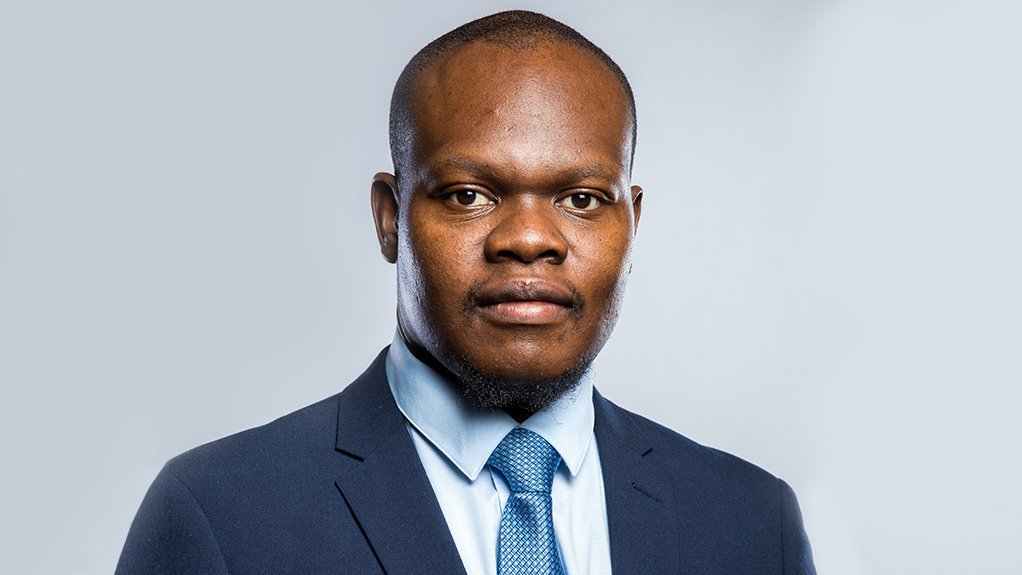The National Research Foundation (NRF) and State-owned information and communications technology (ICT) group Telkom have announced the launch of their joint Future Technologies (FutureTech) programme. This is an initiative to co-fund both technology research grants and postgraduate student and postdoctoral Fellow projects.
The focus ill be on supporting research and development at South African universities, to drive innovation and the development of technologies and solutions in the ICT and related fields. The ultimate aim is to improve competitiveness in these sectors.
“We are delighted to partner with Telkom on the Futuretech initiative,” affirmed NRF CEO Dr Fulufhelo Nelwamondo. “The NRF has a mandate to contribute to science and technology capacity building in South Africa. This partnership forms part of our drive to achieve this important mandate and we appreciate the collaboration with industry, which also ensures that the capacity that we build is relevant.”
From the side of Telkom, the FutureTech initiative forms an extension of its Centres of Excellence (CoE) Programme, based at the country’s tertiary institutions. The CoE programme has been running for 26 years, and a crucial role in the CoEs was played by Telkom subsidiary OpenServe. It will also play a crucial role in FutureTech.
“Through the FutureTech programme we are investing in the future of South Africa’s ICT sector and equipping our students to be skilled, competent professionals,” highlighted Openserve CEO Althon Beukes. “By investing in postgraduate training, internship opportunities, mentorship and collaboration sessions, and industry-relevant research projects, we look to build a pipeline of talented professionals with industry-relevant skills.”
FutureTech will prioritise diversity and inclusivity and seek to benefit historically-disadvantaged institutions by means of dedicated allocation of funding, collaboration and a focus on transformation. Socioeconomic objectives will also be addressed, through skills development, the promotion of social inclusion, and the impelling of technology development and of innovation.
The programme will have an initial three-year pilot phase. This will focus on high-priority areas, including network and fibre-optic solutions, multimodal sensing, the Internet of Things, virtualisation, and the local development of AI, language and speech technologies.
EMAIL THIS ARTICLE SAVE THIS ARTICLE ARTICLE ENQUIRY
To subscribe email subscriptions@creamermedia.co.za or click here
To advertise email advertising@creamermedia.co.za or click here











